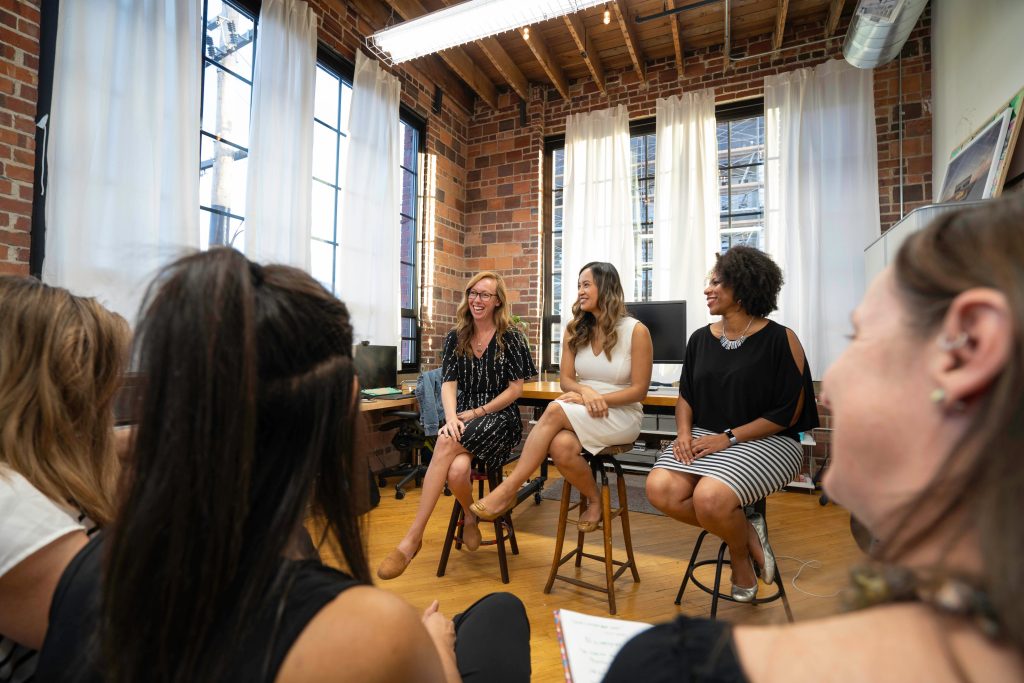Fostering Conversation: Asking Questions

Read the following information, then complete the reflection questions. Click NEXT to continue.
As a facilitator, it is your responsibility to foster safe and productive conversations. You cannot control what others say or how they respond, so how do you achieve this? The answer is through questions. You can guide, direct, redirect, and help students understand complex topics through questions.
This lesson will provide the information you need to create and prepare effective questions to achieve your objectives for each session. The following are two basic tips for handling questions and discussion within your session:

Avoid asking Yes/No questions
- Asking open-ended questions rather than simple Yes/No questions can encourage discussion and the flow of ideas. If you want to facilitate conversation and discussion, it is important to for participants to express their ideas. The Peer to Peer activites found within the Faith for Rights program are intended to encourage critical thinking and discussion. which comes Asking thoughtful open-ended questions can invite more complex answers and lead to robust discussion. This can often be achieved by simply asking more ‘why’ and ‘how’ questions. See the chart below for examples of Yes/No questions and open-ended questions:
Yes/No Questions
Open-ended Questions
Do you agree with this statement?
I see that you are nodding your head. Why is this statement important to you?
Do you think that is a good idea?
Do you think there are barriers to implementing this principle in your community? Where might you receive support?
Does this present problems for human rights goals?
How does this affect the goals of human rights?
It is not necessary to answer every question
- Not every question presented during a Faith for Rghts session will be answered and not every problem presented will have a solution. The issues that arise between faith and human rights can be complex. Set the expectation at the beginning of your session that some complex issues will not have satisfying solutions. The aim should be to enhance critical thinking and communication skills, admitting that some questions could receive many answers, depending on numerous factors.

Answer the following reflection questions in your Facilitator Journal:
- Take a look at Module 1. What are some questions you could ask your group to facilitate discussion?
- What are questions that you have about the infromation and resources in Module 1?
- How does preparing questions help you facilitate a session? How do questions help the participants? How might you practice creating questions?